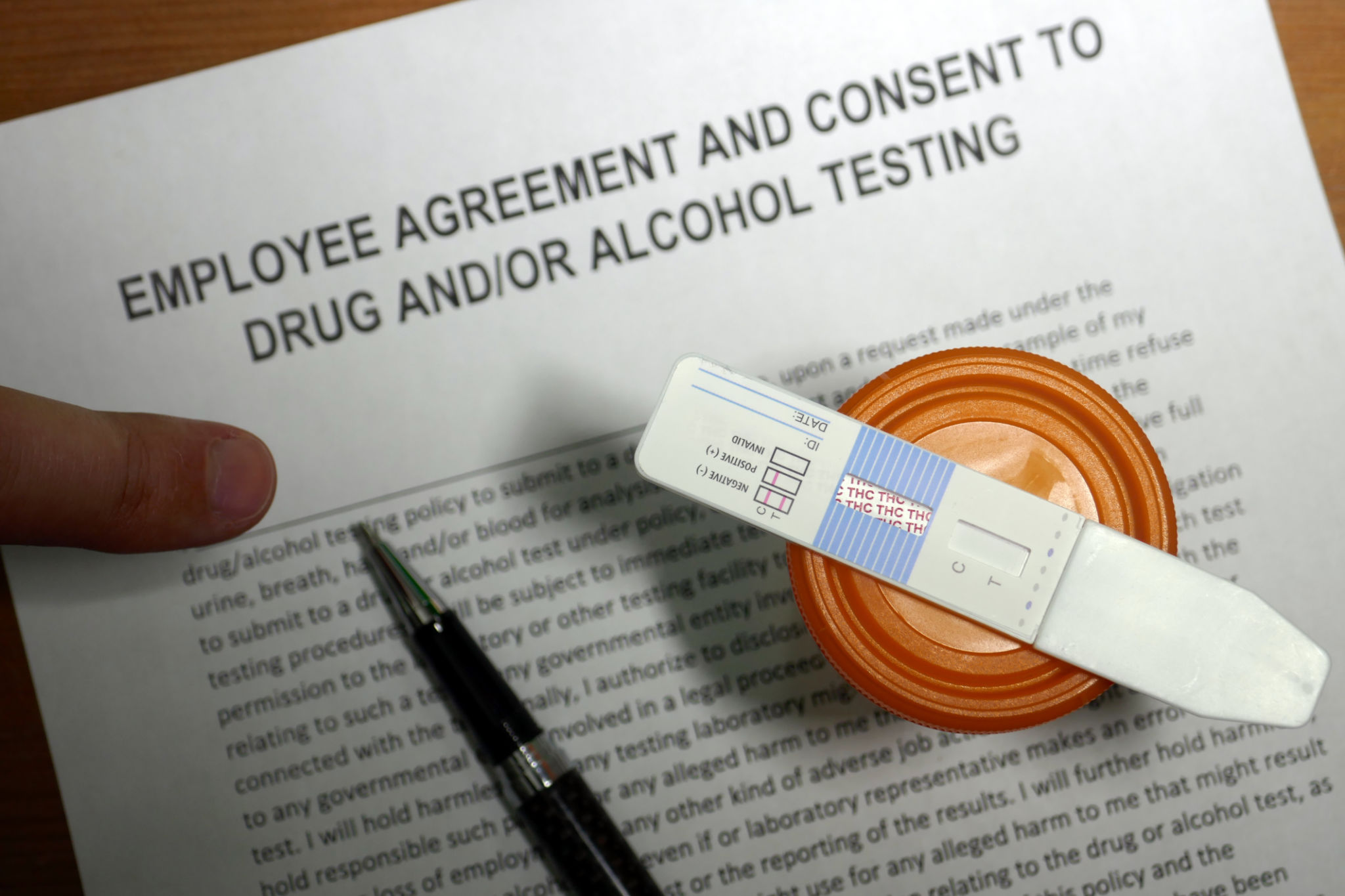Debunking Common Myths About Drug Testing
Understanding the Basics of Drug Testing
Drug testing is a process used by employers, athletic organizations, and various institutions to detect the presence of illegal substances or prescription medication in an individual's system. Despite its widespread use, there are many misconceptions surrounding drug testing that can lead to confusion and misinformation. In this article, we'll address some of these common myths and provide clarity on this important topic.

Myth 1: Drug Tests Are Invasive and Painful
One of the most common myths is that drug tests are invasive and painful. In reality, most drug tests are non-invasive and involve providing a urine sample. Other methods, such as saliva or hair tests, are also simple and painless. Blood tests are less common for drug screening purposes and are usually reserved for more specific medical evaluations.
Urine tests remain the most popular method due to their simplicity and effectiveness. These tests can detect a wide range of substances, including amphetamines, cocaine, marijuana, and opioids. The procedure is straightforward and typically takes only a few minutes to complete.
Myth 2: Drinking Lots of Water Can Help You Pass a Drug Test
A popular strategy some individuals believe in is drinking excessive amounts of water before a drug test to dilute urine samples. While hydration is important for overall health, consuming large quantities of water shortly before a test is unlikely to significantly alter the results.

Testing facilities are aware of dilution attempts and have measures in place to detect them. Abnormally diluted samples can lead to inconclusive results or require retesting. Additionally, excessive water intake can be harmful, leading to water intoxication and potential health issues.
Myth 3: Drug Tests Are 100% Accurate
While drug tests are generally reliable, no test is infallible. False positives and false negatives can occur due to various factors such as lab errors, cross-reactivity with other substances, or improper sample handling. However, confirmatory testing methods, like gas chromatography-mass spectrometry (GC-MS), are used to verify initial results and ensure accuracy.

Employers and testing facilities often have protocols in place to address potential inaccuracies, including retesting or using alternative testing methods. It’s essential to understand that while drug tests are a useful tool, they are not perfect.
Myth 4: Home Remedies Guarantee a Negative Result
There are numerous home remedies and products advertised as surefire ways to pass a drug test. These include detox drinks, vinegar consumption, or using synthetic urine. However, many of these methods are ineffective and unreliable.
Testing laboratories are equipped to detect tampering attempts, and using fake urine can result in immediate test failure. Rather than relying on dubious methods, individuals should focus on legitimate paths for detoxification and health improvement.
The Importance of Accurate Information
Understanding the realities of drug testing is crucial for both individuals and organizations. By debunking common myths, we can promote informed decision-making and responsible behavior. Whether you're preparing for a test or implementing a testing program, it's essential to rely on accurate information and expert guidance.
